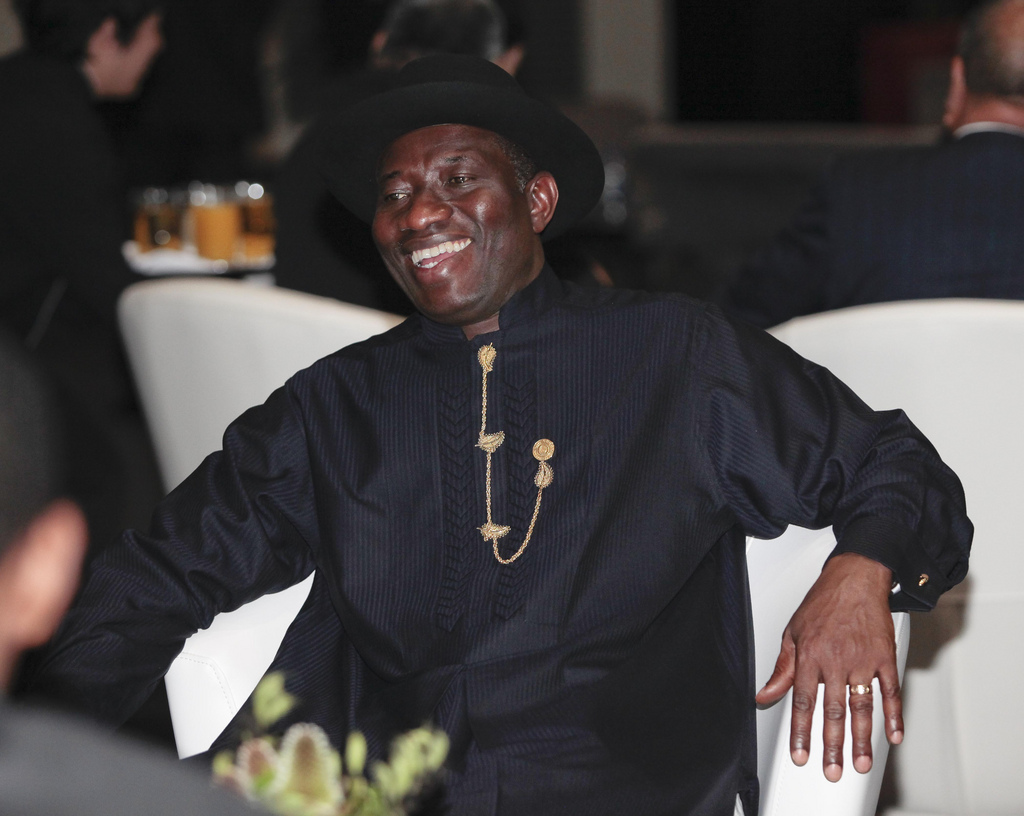Nigeria’s Catch 22
American style democracy will only throw up more more leaders like Goodluck Jonathan.

Goodluck Jonathan, 2013. Image: Commonwealth Secretariat.
There are so many problems in Nigeria, true. But it bears reiterating that we’ve not even correctly identified the biggest one of them: Our biggest problem is not the fact that we are an artificial country. Aside from Japan and Somalia, I can’t think of many other “real” countries.
Our biggest problem is also not Islam. Brunei, which is doing well has an almost even religious split like Nigeria does. As does Lebanon. And before some of you chew me off on about Lebanon, Lebanon’s reality is that most of their problems were created by outsiders.
Since we have eliminated the religion and tribe bit, what really is Nigeria’s problem: I’ll quote the late, great, Chinua Achebe here: The trouble with Nigeria is simply and squarely a failure of leadership.
Sadly, we have dovetailed into a catch 22 situation. Nigeria’s Catch 22 situation is simply this: our leadership is bad, because our followership is bad, unimaginative, uncreative, uninspired. Nigeria’s followership does not understand basic concepts like civic responsibilities and duties. We do not hold our leaders to account.
Lets accept one real, hard fact about this “democracy” that we have: democracy, American style, is nothing more than a popularity contest. Citizens such as we have in Nigeria, CANNOT in any circumstance, throw up good leaders in such a popularity contest. Something must give. What is it that must give? For Nigeria to throw up sound leaders who are capable of looking at current trends and plotting a future course.
We have to accept the hard truth that given the kind of citizens we have at the moment, our leadership MUST be exclusive and not inclusive.
I won’t pretend to have the answer to what the criteria for exclusion should be, I’ve been thinking about it for years. But it has to be so. Someday maybe, we will have that genuine exclusion criteria. BUT, and I insist, BUT, American style democracy, will only throw up more GEJs.*
* If you haven’t figured out who GEJ is, it’s the poplular acronym for Goodluck Ebele Jonathan.



















